If we invited for dinner some of the most important minds of ancient Greece, such as Herodotus, Hercules and Aristophanes, we would surely surprise them with the richness and variety of food that we would offer them.
This is because many of today’s foods were completely unknown in their day, while our eating habits differ significantly from the ancient times.
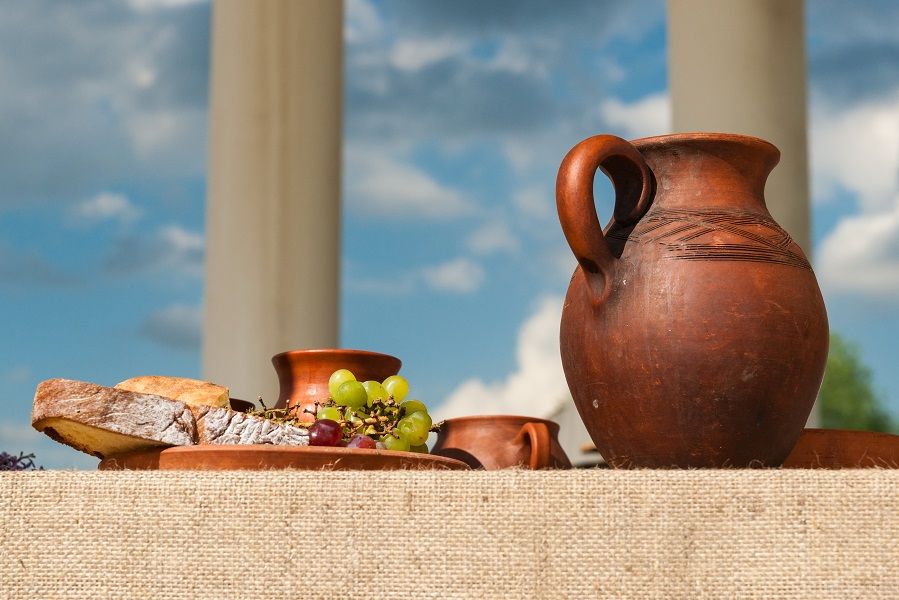
First of all, contrary to what modern nutritionists claim about the benefits of a rich breakfast, the ancient Greeks started their day with a very simple meal, which included some barley bread, dipped in unsweetened wine, along with olives and figs.
Another common breakfast was “kykeonas”, a drink made from boiled barley, flavoured with mint or thyme, which was believed to have healing properties.
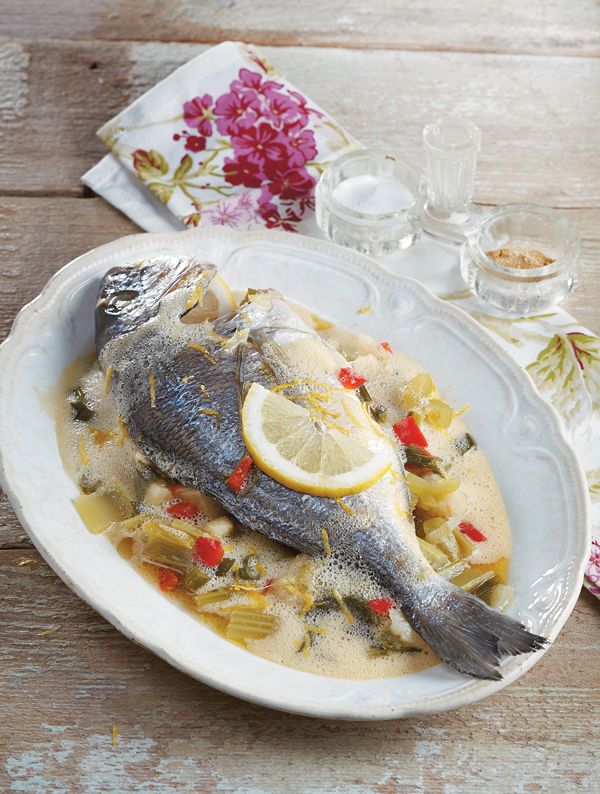
At noon they used to eat fish such as sea bream, red mullet, sardines and eels, legumes like lentils, beans, chickpeas, peas and broad beans, as well as bread, cheese, olives, eggs, nuts and fruits.
Another contrast is dinner.
Today doctors advise dinner to be very light but our ancestors considered it the most important and largest meal of the day.
It was accompanied by desserts, the so-called “tragimata”, which could be fresh or dried fruit, mainly figs, walnuts and grapes or sweets with honey.
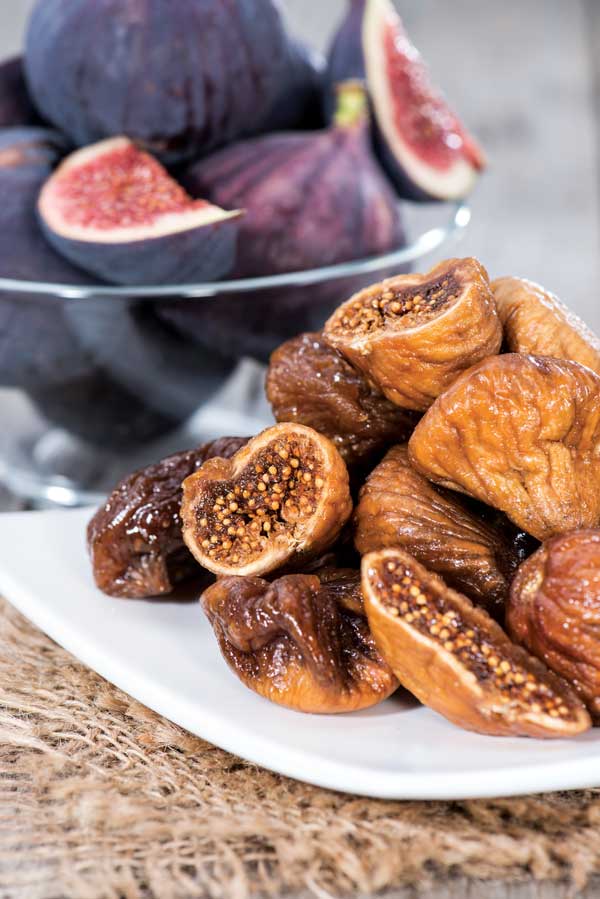
The ancients showed a special preference for pork and beef, while they rarely ate goat and lamb.
They also loved hunting, especially quail and deer. But they also loved snails, which the Cretans have been eating since the time of Minos in the Bronze Age.
Fruits and vegetables may have played a leading role in their daily diet, but there was not as much variety as there is today.
Fruits such as oranges, tangerines, peaches and bananas may not have existed, but pears, pomegranates, apples, figs, berries, cherries and plums were in great demand.
As for vegetables, the Athenians cultivated them in their gardens and had a special love for lettuce, cucumbers, peas, artichokes, celery, dill and mint.
Mushrooms, fennel, asparagus, and even tender nettles were sought after in rivers and fields.
They also had a great love for bread, since they used to make several types, including laganas, semolina bread, bread from coarse flour and millet bread.
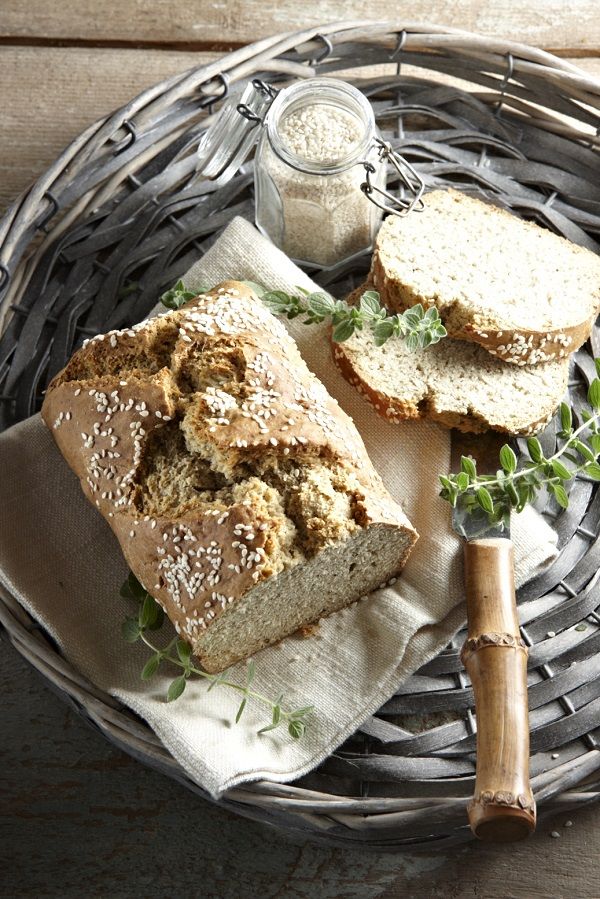
The kitchen shelves of an ancient Greek household always had to be stocked with various spices and condiments, such as oregano, basil, mint, thyme, cardamom, coriander, capers and sesame.
Most dishes were very light as they were baked in an oven or on a spit, while the same was true for sweets, as, since there was no sugar and cocoa, they were made from flour, dried or fresh fruit and honey.
Each meal, of course, was accompanied by wine, while the table never lacked olive oil, which Athenians considered a gift from the goddess Athena.
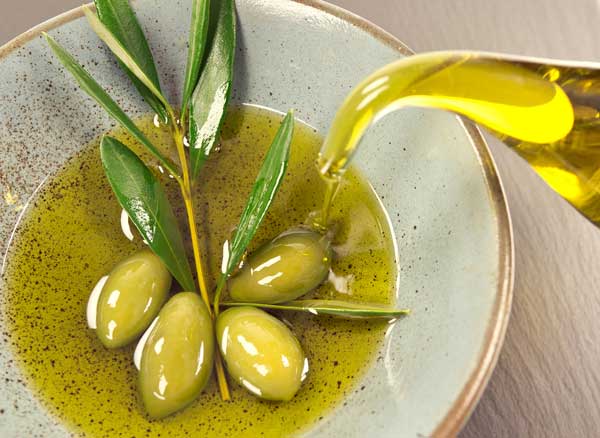
In any case, the ancients were on a diet.
They ate a wide variety of foods, but in very small quantities, as they believed that the purpose of the food was to satisfy the palate and not to fill the stomach.
The most hardcore of the Greeks were the Spartans, who even in their daily diet included a cup of “black broth” and a piece of bread.
On special occasions and celebrations, the Spartans boiled pork, drank wine and ate some pie.
Greek City Times: By Vicky Christopoulou.












